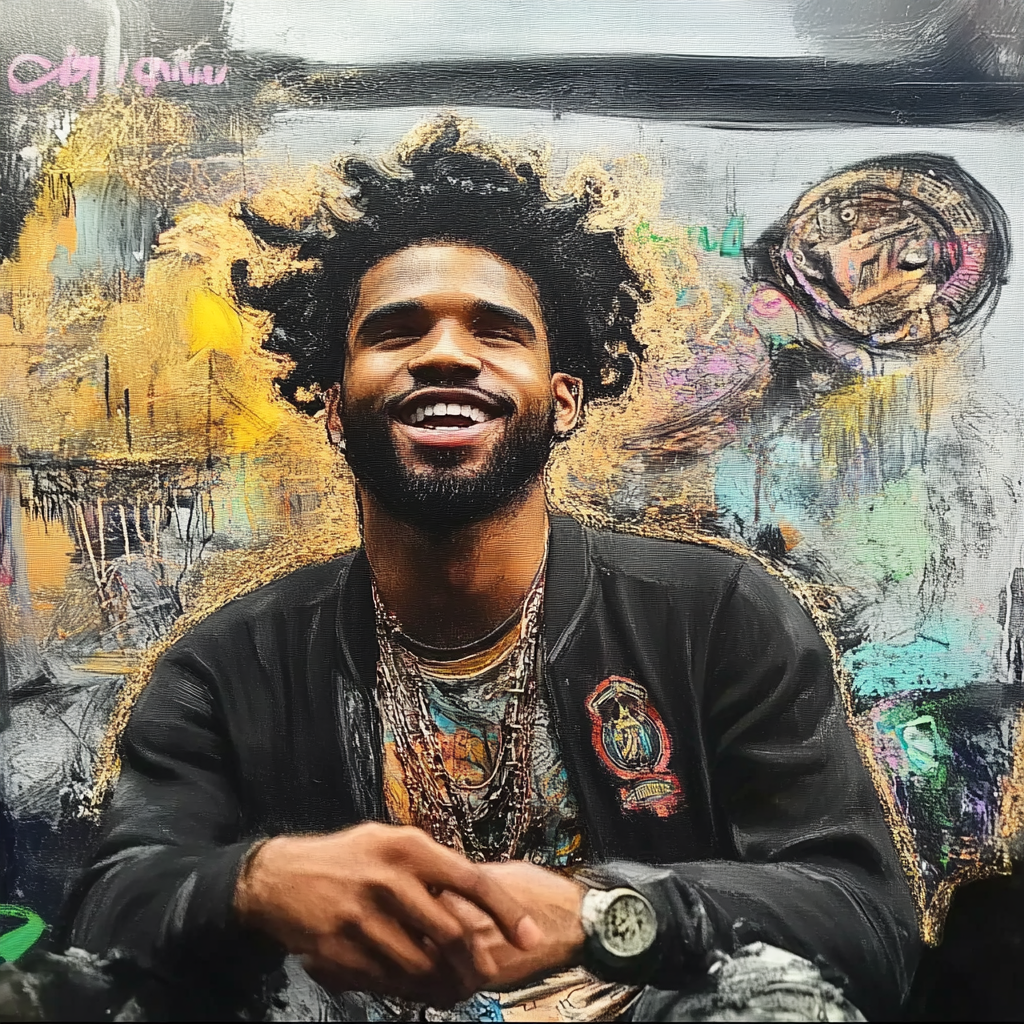The recent journey of Shedeur Sanders during the 2025 NFL Draft has sparked important discussions about race, representation, and the unique challenges faced by Black athletes. From his unexpected slide into the fifth round to the scrutiny surrounding his behavior and decision-making, Shedeur’s experience highlights how racism can shape perceptions and opportunities for Black individuals in professional sports.

A Promising Start Derailed
Shedeur, the son of former NFL superstar Deion Sanders, entered the draft with high expectations. Widely viewed as a talented quarterback, he seemed poised to be a top selection. However, when he ultimately fell to the fifth round, many observers noted that his decline reflected not only performance metrics but also deeper systemic issues within the NFL draft process, which often overlooks Black talent in favor of historical norms that favor white athletes.
The Perception of Confidence
One of the significant factors contributing to Shedeur’s treatment has been the perception of confidence among Black athletes. His decision to hire a Black female agent, Nicole Lynn, was met with backlash that hinted at discomfort with his assertiveness and independence. Commentators frequently labeled his attitude as “arrogance,” a term that reveals the racial bias often directed at confident Black men. This double standard sets them apart from white peers, whose confidence is often celebrated rather than scrutinized.
Media Narratives and Racial Stereotypes
Throughout the pre-draft process, Shedeur was frequently the subject of media scrutiny that emphasized his familial connections and personal brand over his football abilities. Critics often used his father’s status to diminish his accomplishments, suggesting he benefited from nepotism rather than merit. This narrative not only undermined his hard work but also perpetuated the stereotype that Black athletes, even those with proven success, are not viewed as individuals worthy of recognition for their achievements.
Backlash from the Prank Call Incident
The backlash surrounding Shedeur intensified following an incident with the Atlanta Falcons, during which their management conducted a prank call during the draft process. This event, widely criticized as unprofessional and racially insensitive, highlighted how Black athletes can be subjected to ridicule and disrespect. The emotional apology from Falcons’ defensive coordinator Jeff Ulbrich underscored the recognition of how such behavior impacts players of color, illustrating systemic inequalities in their treatment.
The Broader Implications of Racism
Shedeur’s experience mirrors a larger issue within the NFL and professional sports as a whole. Confidence, ambition, and the pursuit of self-made success often come with heightened scrutiny for Black athletes. This pressure to conform to expectations can adversely affect their mental health and overall career prospects. Black athletes navigating this landscape must contend with their performance and the societal perceptions shaped by entrenched racism.
Conclusion
The way Shedeur Sanders has been treated during and after the 2025 NFL Draft reveals the pervasive influence of racism in professional sports. A combination of media narratives, societal expectations, and systemic biases all contribute to the challenges faced by Black athletes who display confidence and seek to carve their own paths. To pave a better way forward, the sports industry must address these inequities, recognizing that every athlete, regardless of race, deserves the opportunity to succeed on their own terms.
References
- Griffin III, Robert. “Analysis of Shedeur Sanders’ NFL Draft Experience.” ESPN, 2025.
- “Prank Call Incident Raises Questions About Treatment of Black Athletes.” The Athletic, 2025.
- Smith, John. “Racism in Professional Sports: A Discussion on Confidence and Identity.” Sports Illustrated, 2025.
- Harris, Emily. “The Role of Media in Shaping Perceptions of Black Athletes.” NBC Sports, 2025.
Hashtags
#ShedeurSanders #RacismInSports #BlackAthletes #SystemicBias #Confidence #NFLDraft #RepresentationMatters #EqualOpportunities


